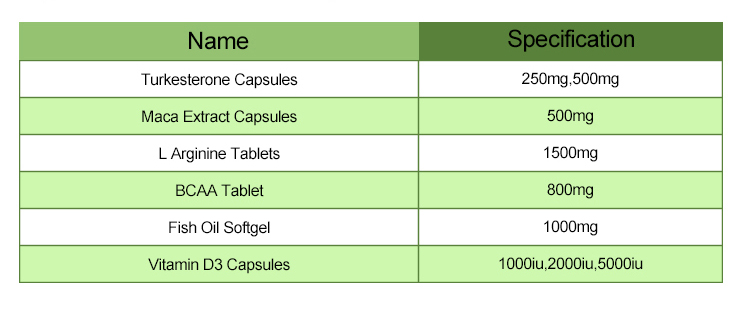Fish oil capsules, derived from fatty fish like salmon, mackerel, and sardines, contain omega-3 fatty acids, specifically EPA (eicosapentaenoic acid) and DHA (docosahexaenoic acid), which offer several potential health benefits. Here are the pros and cons:
Pros of Fish Oil Capsules:
Heart Health: Omega-3 fatty acids in fish oil have been linked to a reduced risk of heart disease by lowering triglycerides, improving cholesterol levels, and reducing blood pressure.
Brain Health: DHA, in particular, is crucial for brain health and development, potentially improving cognitive function and reducing the risk of cognitive decline and dementia.
Inflammation: Omega-3s have anti-inflammatory properties, which may help alleviate symptoms of inflammatory conditions like arthritis and promote overall joint health.
Eye Health: DHA is a major component of the retina, and adequate intake may help prevent age-related macular degeneration, a leading cause of blindness.

Mood and Mental Health: Omega-3s may have antidepressant effects and help alleviate symptoms of anxiety and depression.
Skin Health: Some studies suggest that omega-3s can improve skin health, reducing symptoms of conditions like eczema and psoriasis.
Pregnancy and Child Development: Adequate intake of omega-3s during pregnancy is essential for fetal brain and eye development, potentially reducing the risk of preterm birth and promoting healthy birth weight.
Cons of Fish Oil Capsules:
Fishy Aftertaste: Some people may experience fishy burps or aftertaste after taking fish oil capsules, which can be unpleasant.
Quality Concerns: Quality control can vary among brands, leading to issues with purity, freshness, and potential contaminants like mercury and PCBs (polychlorinated biphenyls).
Digestive Issues: High doses of fish oil can cause digestive discomfort, including diarrhea, bloating, and indigestion, especially when consumed on an empty stomach.

Potential Interactions: Fish oil supplements may interact with certain medications, such as blood thinners, increasing the risk of bleeding.
Environmental Concerns: Overfishing and unsustainable fishing practices contribute to environmental degradation, which may raise ethical concerns for some consumers.
Cost: Quality fish oil supplements can be expensive, especially when considering long-term use.
Not a Magic Bullet: While omega-3s offer various health benefits, they’re not a cure-all, and results may vary depending on individual health status and lifestyle factors.
Before starting any supplement regimen, it’s essential to consult with a healthcare professional, especially if you have any underlying health conditions or are taking medications, to ensure it’s safe and appropriate for you.
